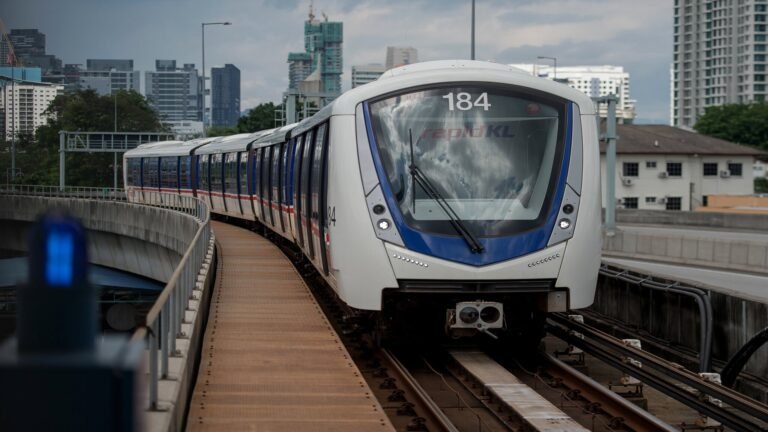
KUALA LUMPUR: A recent report from Olive Tree Property Consultants Sdn Bhd has unveiled that Johor is witnessing the development of over 50 data centres across various phases, highlighting the region’s burgeoning sector. The launch of the Forest City Special Financial Zone (SFZ) is anticipated to attract foreign direct investments (FDI), adding to the success of the Johor-Singapore Special Economic Zone (JS-SEZ).
Despite a notable influx of data centres in Malaysia last year, Samuel Tan, CEO of Olive Tree, mentioned that operators continue to seek opportunities to establish new facilities in Johor. There’s a growing trend of local property developers partnering with major data centre operators to anchor their industrial parks.
While challenges related to power and water supply exist, Tan expressed optimism about future developments. He believes the establishment of data centres will drive innovations in renewable energy and water management solutions.
“We foresee an increase in solar farms and water desalination initiatives, which will create numerous job opportunities for the local population,” he mentioned in an interview with NST Property.
The expansion of data centres is expected to benefit numerous sectors, including electrical and electronics (E&E), semiconductors, and pharmaceuticals. Tan anticipates a significant rise in demand for housing, office spaces, retail establishments, and accommodations for workers.
Looking ahead, Tan expects Johor’s industrial sector to thrive through 2024, fueled by investments in data centres and the E&E sector. “We predict an influx of businesses, especially from Singapore, taking advantage of the JS-SEZ and SFZ to establish manufacturing units in Johor,” he stated.
Tan also underscored the importance of small and medium enterprises (SMEs) in the economy, noting, “SMEs are crucial for job creation. Supporting their growth through incentives and assistance in digital transformation and market expansion is essential.”
According to Knight Frank Malaysia, the industrial property market is poised to remain robust for the remainder of the year, driven by increased investment in data centres and the E&E sector. Their report predicted a 3.5% growth in the manufacturing sector, supported by a recovery in export-oriented industries and ongoing domestic demand.
The E&E sector, which comprises approximately 40% of Malaysia’s exports, is projected to rebound, spurred by advancements in global technology, including digitalization, the Internet of Things (IoT), 5G, and electric vehicles.
In the Klang Valley region, the industrial market has demonstrated strong activity at the beginning of 2024, marked by rising transaction volumes and values during the first quarter. Knight Frank noted increased interest from institutional investors seeking assets in the industrial sector, indicating a growing demand for manufacturing and logistics spaces.
The firm also indicated that industrial properties in prime locations remain highly desirable as investors aim to capitalize on stable returns. Rental rates for prime industrial spaces in Klang Valley are expected to remain robust throughout 2024, supported by the limited availability of both existing and new inventory.
Furthermore, the ongoing construction of high-specification logistics facilities, while associated with higher costs, is expected to contribute to rental growth in the medium term.


